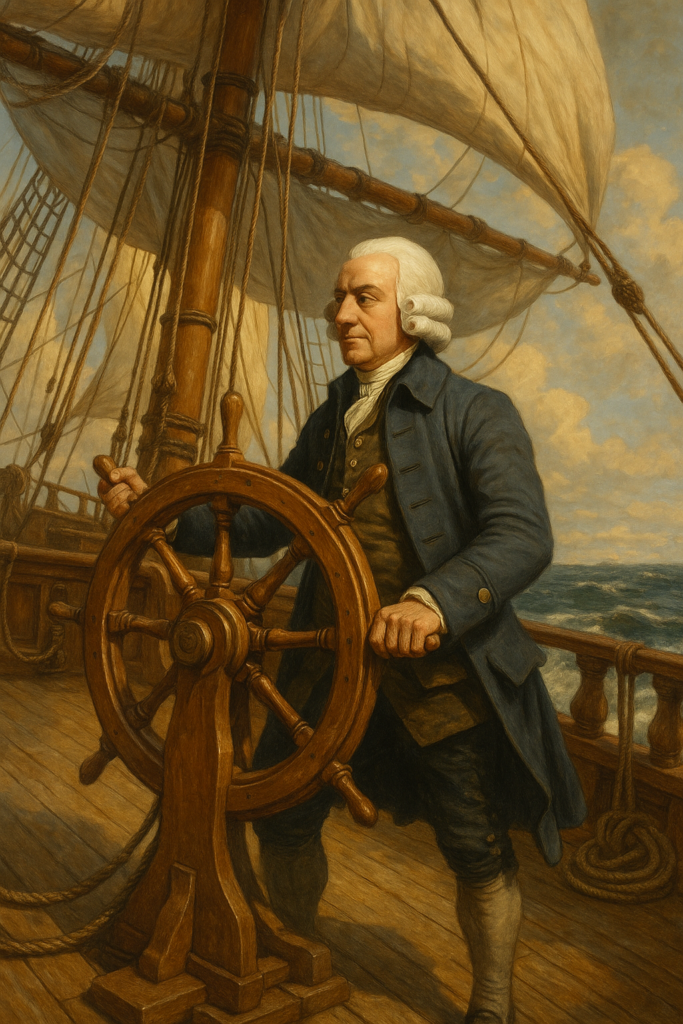by Adam N. Michel, Cato at Liberty, June 25, 2025
Excerpt:
The US Department of Energy’s Energy Information Administration (EIA) tallies all federal energy subsidies, including direct expenditures, tax expenditures, research and development, and loan guarantees. The result? Fossil fuels received the smallest share of federal subsidies on every metric.
In 2022, fossil fuels (coal, natural gas, and petroleum liquids) received $3.2 billion in federal support (11 percent of the total), compared to nearly $15.6 billion for renewables and nuclear (54 percent). Figure 1 also reports spending on conservation and end use, which make up the remaining 35 percent and are not distributed to specific energy sources.
The subsidies are even smaller when scaled by the energy produced by each source. By this measure, renewables and nuclear are subsidized at a rate 19 times higher per unit of energy produced than coal, oil, and natural gas. Looking at renewables alone, the subsidy is 30 times larger than for fossil fuels. It is likely that fossil fuels received a larger share of subsidies before recent federal spending; still, when scaled by electrical consumption, average federal energy incentives for renewables were about 6 times larger than for oil, gas, and coal between 1950 and 2016.
by Caleb Petitt, Libertarianism.org, June 25, 2025.
Excerpt:
Smith’s discussion of the Navigation Acts has been a boon for protectionists and a thorn in the side of those who love Smith and support free trade and liberty. A deeper examination reveals that Smith was not the wholehearted supporter of the Navigation Acts that he is made out to be. He openly calls for the repeal of the colonial-trade provisions, which was the most important part of the regulations at the time of his writing Wealth of Nations. As for the seacap provisions, the focus of this essay, Smith was consistently critical:
- He challenged the idea that the Navigation Acts promoted British wealth.
- He did not praise the Navigation Acts themselves, but rather their aims and endeavors.
- He did not think that they were effective at limiting Dutch trade or helping England in times of war.
- He highlighted the historically contingent circumstances that got the Navigation Acts passed.
- He argued against the idea that there was anything special about the carrying trade.
- He presented a nuanced relationship between defense and opulence too often overlooked.
Smith did not think that the seacap provisions worked to achieve their stated goal. The totality of his writing on the seacap provisions reveals his disfavor of them.
DRH note: This article is long and I haven’t digested enough to decide whether it completely convinces me, but it’s intriguing. I’ll reread it later today.
by Eric Tingwall, Motor Trend, June 20, 2025.
Excerpt:
So, with the 2026 edition of the National Electrical Code approved as proposed, it will become illegal in coming years for many U.S. homeowners to install their own EV chargers. The only thing that could have stopped this from happening was a last-chance motion to strike the clause from the code at the National Fire Protection Association’s annual technical meeting on Friday, June 20, 2025.
The change stems from a new addition to the 2026 NEC that reads, “Permanently installed electric vehicle power transfer system equipment shall be installed by qualified persons.” As proposed and ratified, the 2026 NEC defines a qualified person in vague terms likely to be interpreted by states and code enforcement departments to mean a licensed electrician.
The problem with the proposed language is that making do-it-yourself installations illegal doesn’t necessarily stop homeowners from doing their own electrical work. It does guarantee, however, that any EV chargers put in by amateurs will be installed without the appropriate permit and the accompanying safety inspection.
by David Kemp, Regulation, Summer 2025.
Excerpts:
“Climate” describes average atmospheric conditions over an extended period, typically 30 years or more, while “weather” reflects short-term conditions. An individual weather event is the outcome of a complex interplay of variables, including thermodynamic factors (e.g., radiative forcing, which is the difference between the energy Earth receives from the sun and the energy radiated back into space) and dynamic processes (e.g., atmospheric circulation, which is the large-scale movement of air that helps distribute heat across the Earth’s surface). As greenhouse gas emissions alter the climate, weather patterns shift too. However, determining whether a specific weather event was “caused” by these emissions—rather than natural variations in other climate factors—is impossible.
And:
So, with the 2026 edition of the National Electrical Code approved as proposed, it will become illegal in coming years for many U.S. homeowners to install their own EV chargers. The only thing that could have stopped this from happening was a last-chance motion to strike the clause from the code at the National Fire Protection Association’s annual technical meeting on Friday, June 20, 2025.
The change stems from a new addition to the 2026 NEC that reads, “Permanently installed electric vehicle power transfer system equipment shall be installed by qualified persons.” As proposed and ratified, the 2026 NEC defines a qualified person in vague terms likely to be interpreted by states and code enforcement departments to mean a licensed electrician.
The problem with the proposed language is that making do-it-yourself installations illegal doesn’t necessarily stop homeowners from doing their own electrical work. It does guarantee, however, that any EV chargers put in by amateurs will be installed without the appropriate permit and the accompanying safety inspection.
